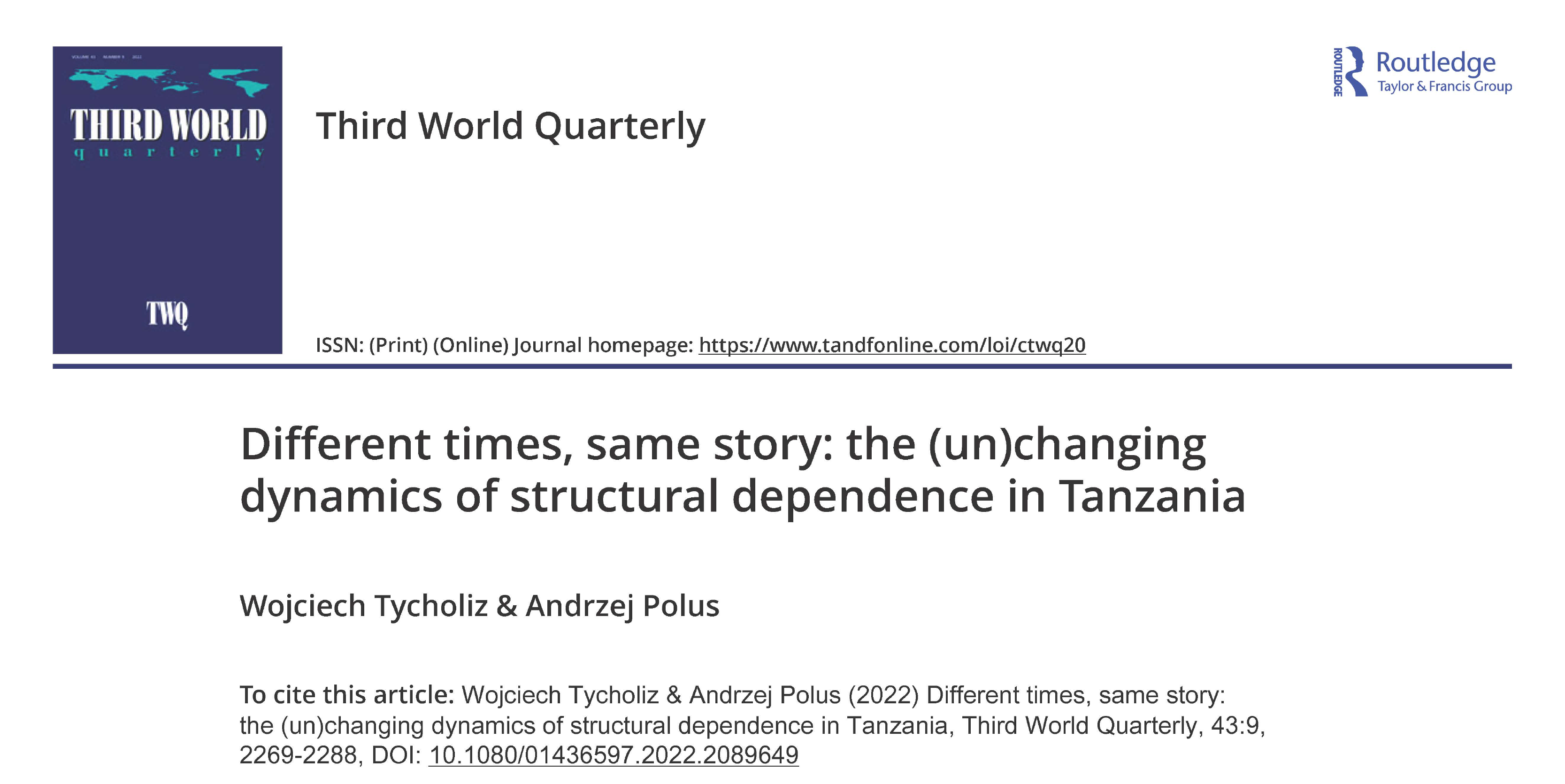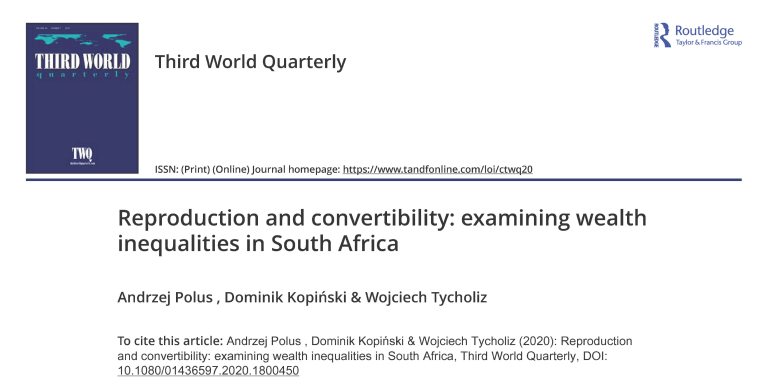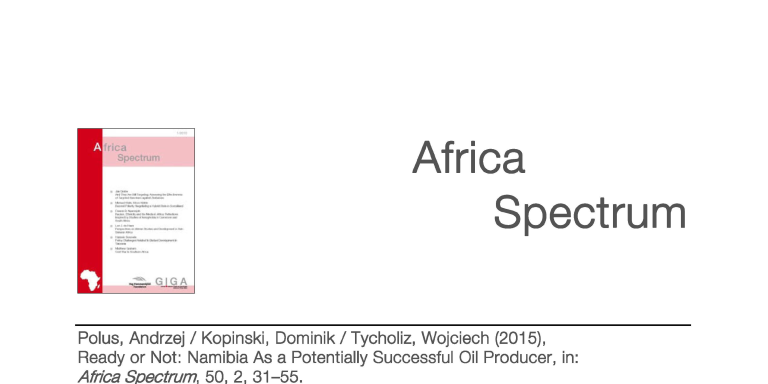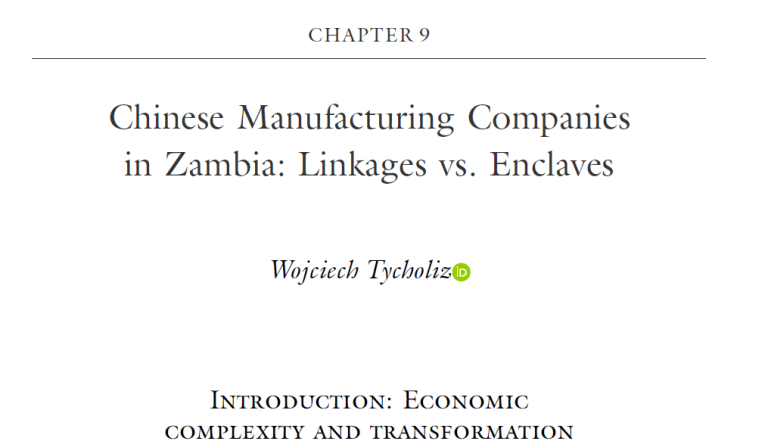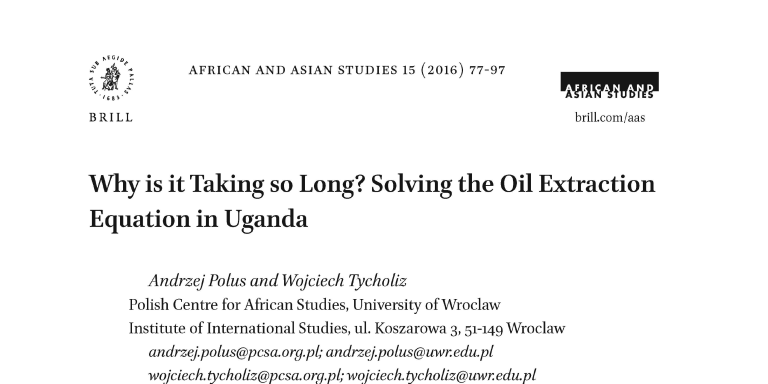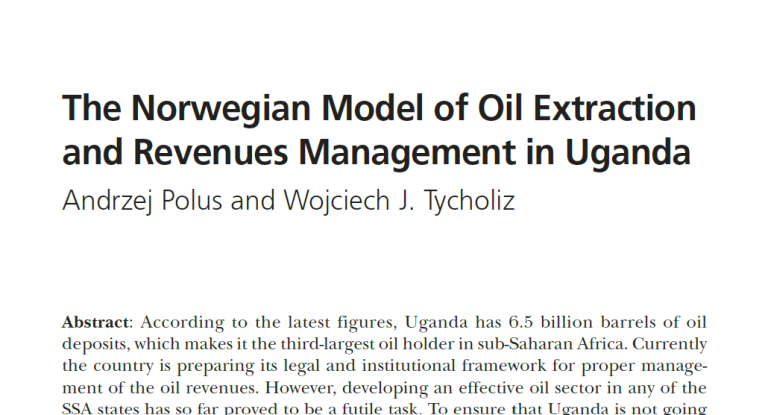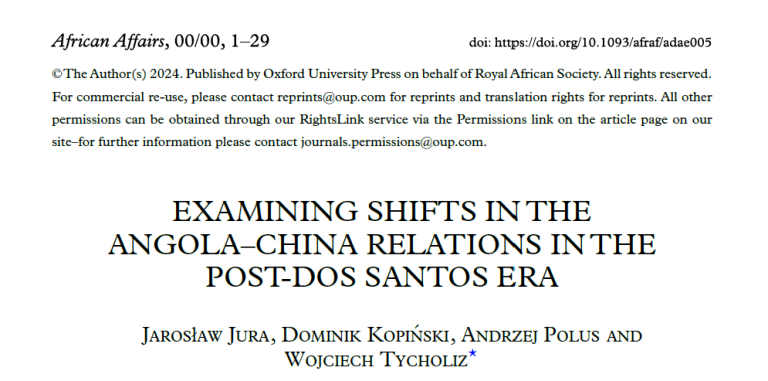Different times, same story: the (un)changing dynamics of structural dependence in Tanzania (2022)
Abstract
Synthesising results of field study research and statistical data analysis, we scrutinise development models pursued by Tanzania and examine to what extent they changed the structure of the country’s economy. Particular attention is devoted to the mining sector and its role in keeping Tanzania at the periphery of the global economy. Our findings suggest that not only does the structural dependency continue to the current period, but its presence extends to new spheres. We argue that the implementation of the Norwegian model of hydrocarbon sector management in Tanzania is an exemplification of institutional dependency.
Keywords:
Tanzania, structural dependency, institutional dependency, gold mining, natural gas
To cite this article:
Wojciech Tycholiz & Andrzej Polus (2022) Different times, same story: the (un)changing dynamics of structural dependence in Tanzania, Third World Quarterly, 43:9, 2269-2288, DOI: 10.1080/01436597.2022.2089649
Unfortunately, this article is not available in Open Access (yet).
